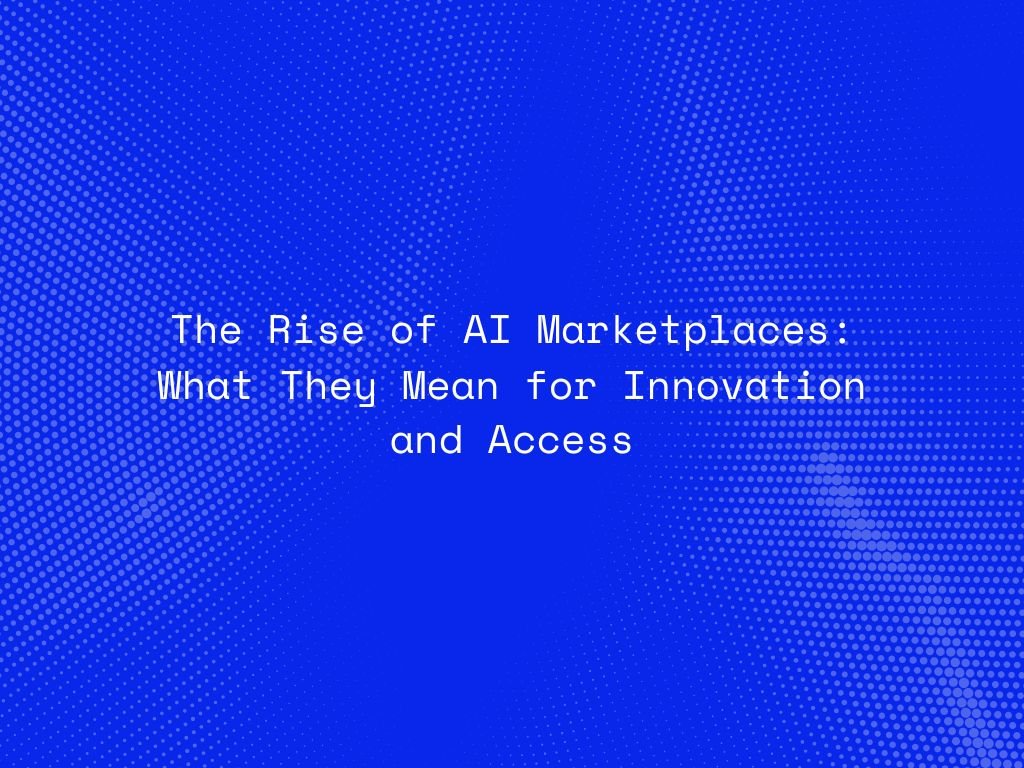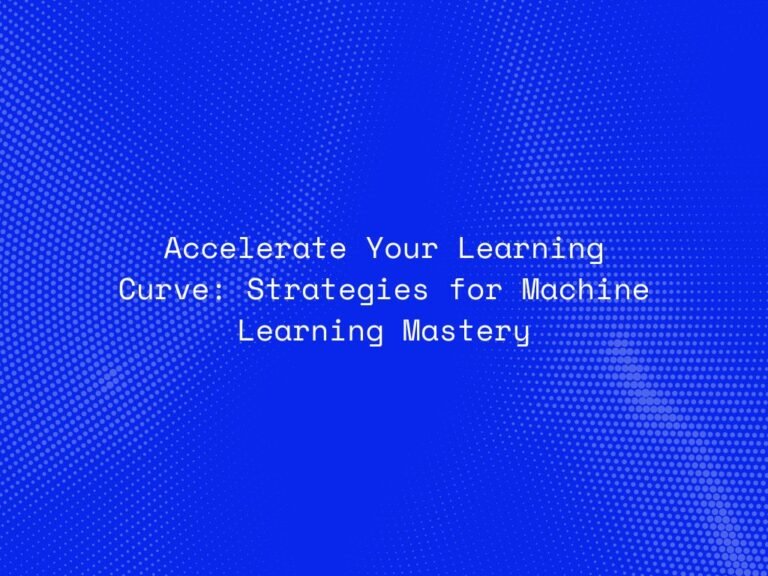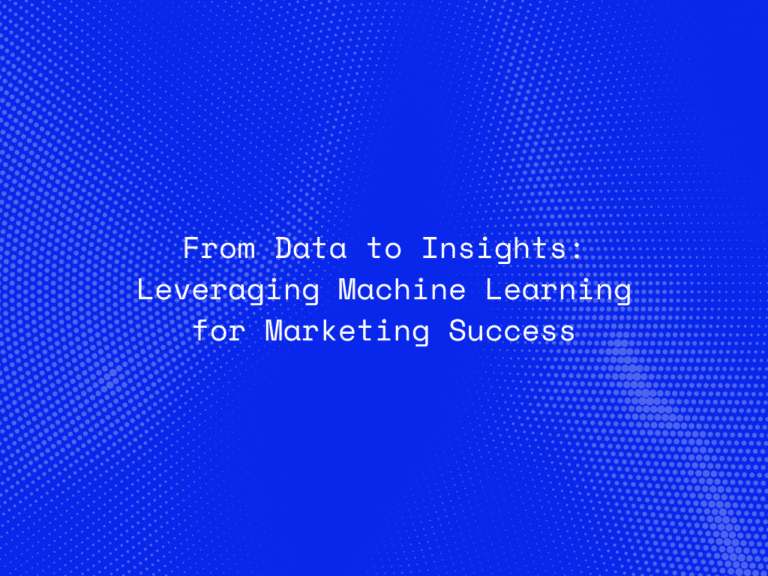Artificial Intelligence (AI) has quickly moved from experimental labs to mainstream business operations. Yet, developing and deploying AI solutions still requires significant expertise, time, and resources—making it difficult for many organizations to fully embrace AI. Enter the AI marketplace: a digital ecosystem where businesses, developers, and researchers can access ready-to-use AI models, datasets, and tools.
AI marketplaces are poised to democratize AI adoption, accelerate innovation, and bridge the gap between creators and users. Much like app stores transformed the mobile ecosystem, AI marketplaces promise to reshape the way organizations build, deploy, and scale intelligent systems.
What Are AI Marketplaces?
An AI marketplace is a digital platform where developers can publish AI models, datasets, APIs, and services that others can purchase, integrate, or customize. These platforms act as a hub for both creators who want to monetize their AI solutions and businesses that want to adopt AI without starting from scratch.
Well-known examples include marketplaces offered by cloud providers like AWS, Google Cloud, and Azure, as well as independent platforms focused solely on AI model exchange.
Why AI Marketplaces Are Rising Now
Several factors are fueling the growth of AI marketplaces:
-
Explosive AI Demand: With AI becoming a competitive differentiator, businesses are looking for faster adoption pathways.
-
High Development Costs: Building models from scratch requires data, talent, and infrastructure—barriers that marketplaces lower.
-
Cloud Ecosystem Growth: As cloud adoption rises, AI marketplaces integrate seamlessly with existing cloud infrastructure, enabling scalability.
-
Open Innovation Models: Marketplaces foster collaboration between researchers, startups, and enterprises, encouraging faster breakthroughs.
Benefits of AI Marketplaces
1. Democratizing AI Access
AI marketplaces allow small and mid-sized businesses to access the same advanced technologies as large enterprises. By lowering entry barriers, they make AI adoption more inclusive.
2. Accelerating Innovation
With pre-trained models and reusable datasets, organizations can shorten development cycles, focus on customization, and bring AI-powered solutions to market faster.
3. Reducing Costs and Risks
Instead of investing heavily in R&D, businesses can experiment with existing models, reducing financial risk while still benefiting from AI-driven innovation.
4. Enabling Collaboration
Marketplaces create opportunities for developers, startups, and enterprises to share, monetize, and co-create AI solutions—driving a culture of collaborative innovation.
5. Expanding Global Reach
AI creators can showcase their models to a worldwide audience, opening revenue streams and fostering a global AI economy.

Challenges of AI Marketplaces
While promising, AI marketplaces are not without obstacles:
-
Quality Assurance: Not all models are equally accurate, robust, or ethical. Marketplaces need strong vetting mechanisms.
-
Data Privacy Concerns: Models trained on sensitive data may raise compliance and security issues.
-
Standardization Issues: Lack of universal standards makes integrating models across industries challenging.
-
Bias and Fairness: Models shared on marketplaces may still carry inherent biases, risking harmful outcomes.
Addressing these challenges is key to ensuring trust and long-term adoption.
The Future of AI Marketplaces
By 2030, AI marketplaces are likely to become as ubiquitous as app stores today. Future advancements may include:
-
Specialized Marketplaces tailored to industries like healthcare, finance, or education.
-
Automated Customization Tools allowing businesses to fine-tune pre-trained models with minimal effort.
-
Integration with Edge AI enabling local deployment on devices for real-time, low-latency processing.
-
Global Ethical Standards ensuring fairness, accountability, and compliance across marketplaces.
Ultimately, AI marketplaces will not just be about access to models—they will be about building a global ecosystem of intelligence, fostering innovation at a scale previously unimaginable.
Conclusion
The rise of AI marketplaces signals a new era in the adoption of artificial intelligence. By making AI models and tools widely available, they lower barriers, spark innovation, and enable organizations of all sizes to harness the power of intelligent systems. Just as app marketplaces fueled the mobile revolution, AI marketplaces are set to fuel the AI revolution—unlocking new opportunities for businesses, developers, and society as a whole.




